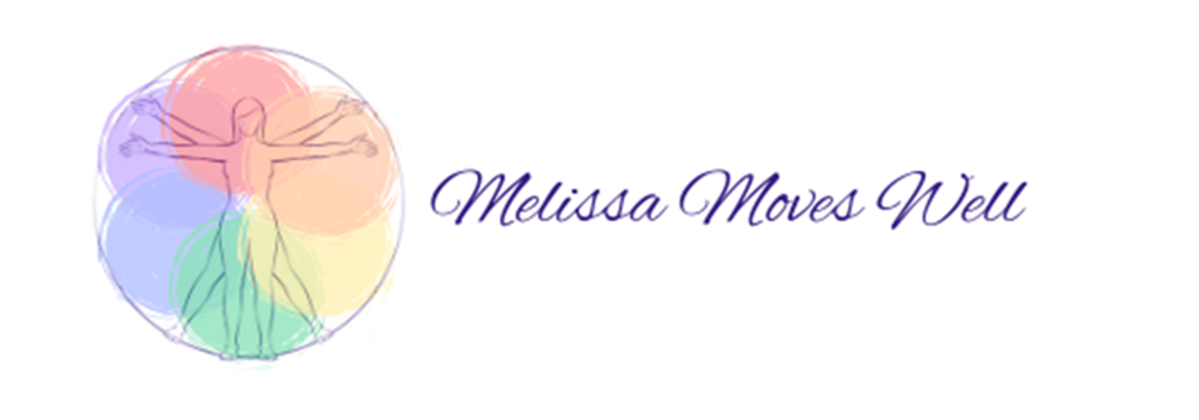
Well, Warriors, I’m back with the next installment in my Gatekeeping Wellness Series. If you’d like to read the intro, you can find it here. Today I’ve got a hot take on supplements.
I’ve actually discussed this before on MMW. But if you are new around here, I’ll make it as clear as I possibly can. You do not need supplements. Supplements are just one of the many ways that wellness iNfLuEnCeRs gatekeep.
This story is gonna be one of those when I was your age I walked 15 miles to school uphill both ways ones, but just humor me. When I first started out, supplements had a dimly lit shelf tucked into the corner of the Nature’s Wellness section of the grocery store. There were two basic categories. Hippie dippy trippy wheat germ-esque herbal dietary add-ins. And protein powders that came in two flavors: vanilla chalk and chocolate chalk.
We have certainly come a long way. As I pointed out in my Fasted Cardio article, much of the exercise based research involves highly trained and elite level athletes. These are individuals willing to do anything for a performance edge. In fact, Gatorade, was invented at the University of Florida upon request of the head football coach as a method of replacing water and electrolytes lost to sweat.
Originally called Gator-Aid (after the school’s mascot), the research was initially lacking enough that the name was changed to avoid legal ramifications if the product was used for medical purposes. Thus supplement marketing was born.
And with more research into performance, we have seen a huge boom in the supplement industry. Protein supplements now come in any flavor imaginable. You can buy them premixed or in bar form. Vegan with added greens or weight gainer formulas with added calories. To say nothing of recovery beverages, pre-workout supplements, and vitamin boosters.
Again, when I first started out, my power lifter boss had a routine that consisted of nothing but grocery store products. Pre workout (caffeine for focus and to stimulate the central nervous system and a few carbohydrates for energy) was usually a Diet Pepsi and a banana. Post workout recovery (for him that meant protein for muscle repair and complex carbs to fuel muscle building) was usually a full meal with plenty of meat. Today, he’d be dry scooping some Ghost pre-workout and then blending up a post workout concoction of mass gainer protein powder with added greens, fruit, and peanut butter.
This phenomenon isn’t unique to the world of Physical Health either. There are supplements to aid in sleep and stress relief for Mental Health (melatonin and adaptogens). Supplements to assist with skin, hair, and nail health (collagen). Supplements to help regulate mood for Emotional Health (magnesium and ashwaghanda). And forget about a dinky little shelf tucked away in a corner somewhere. Supplements have an entire dedicated section in just about any grocery or pharmacy.
Which leads us to believe (again, led by both marketing and influencers) that we must need these things. Nope. Unless you have a medically managed condition which causes your diet to be lacking in certain nutrients (i.e. Celiac’s disease) you do not need supplements.
Practitioners gatekeep true wellness by, again, creating the idea of a problem and then selling us the solution. Have you looked at your Instagram feed and noticed how many of the fitness and wellness gurus you follow are selling supplements? I’ll save you the effort. It is way too many.
As I mentioned in my Balance article, there are a few things you need to make sure you are doing. Eating a well-rounded diet. Drinking plenty of water. Moving daily. Getting good quality sleep. Everything else is just noise.
The noise of distraction. When we are distracted by something, especially when it is new, shiny, and promises to solve all our problems, we are less likely to be focused on what we need to do. When we are distracted, we are more likely to spend money on something. When we are distracted, we are more likely to forget our deeper goals and whys.
The marketers and the influencers selling us these products want us distracted. Because it puts money in their pockets. And it keeps the money flowing since we aren’t focused on the things that will actually move the needle.
So, the next time you see someone trying to encourage you to purchase a supplement, ask yourself a few questions. Is this supplement solving a problem I actually have? Am I able to solve the problem in another (probably less expensive) way? Can I actually afford this long term? Can I commit to this regimen, again, long term? Am I doing the basics well and consistently and still not seeing progress? After you have these answers, you’ll be able to make smarter supplement decisions.
Stay tuned for the next installment about why wellness isn’t just about the physical. Until next time, be well, friends!

